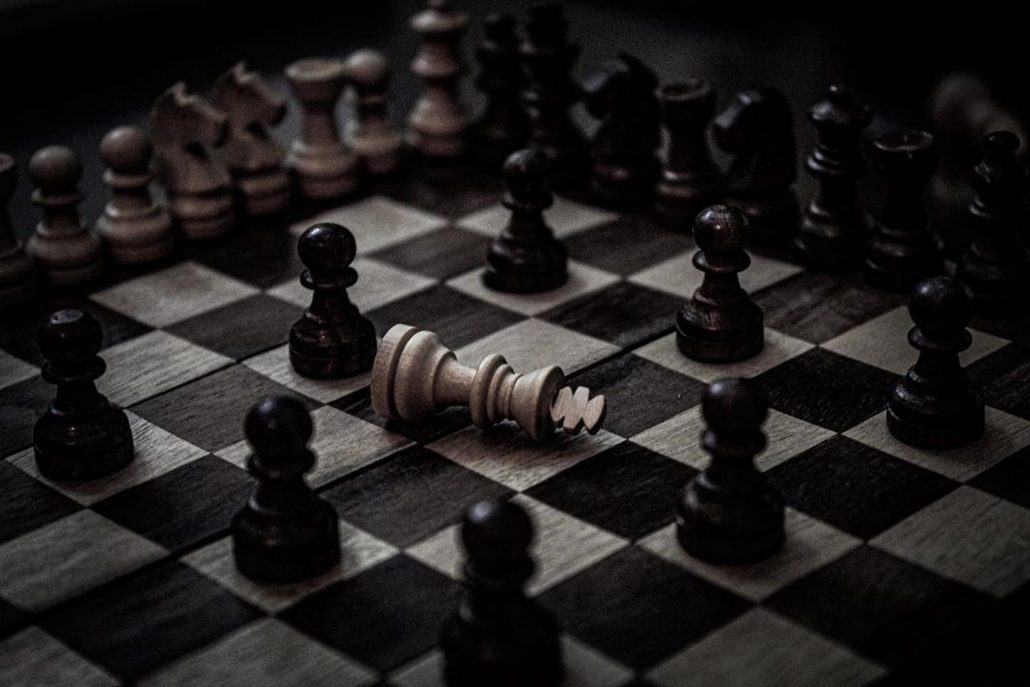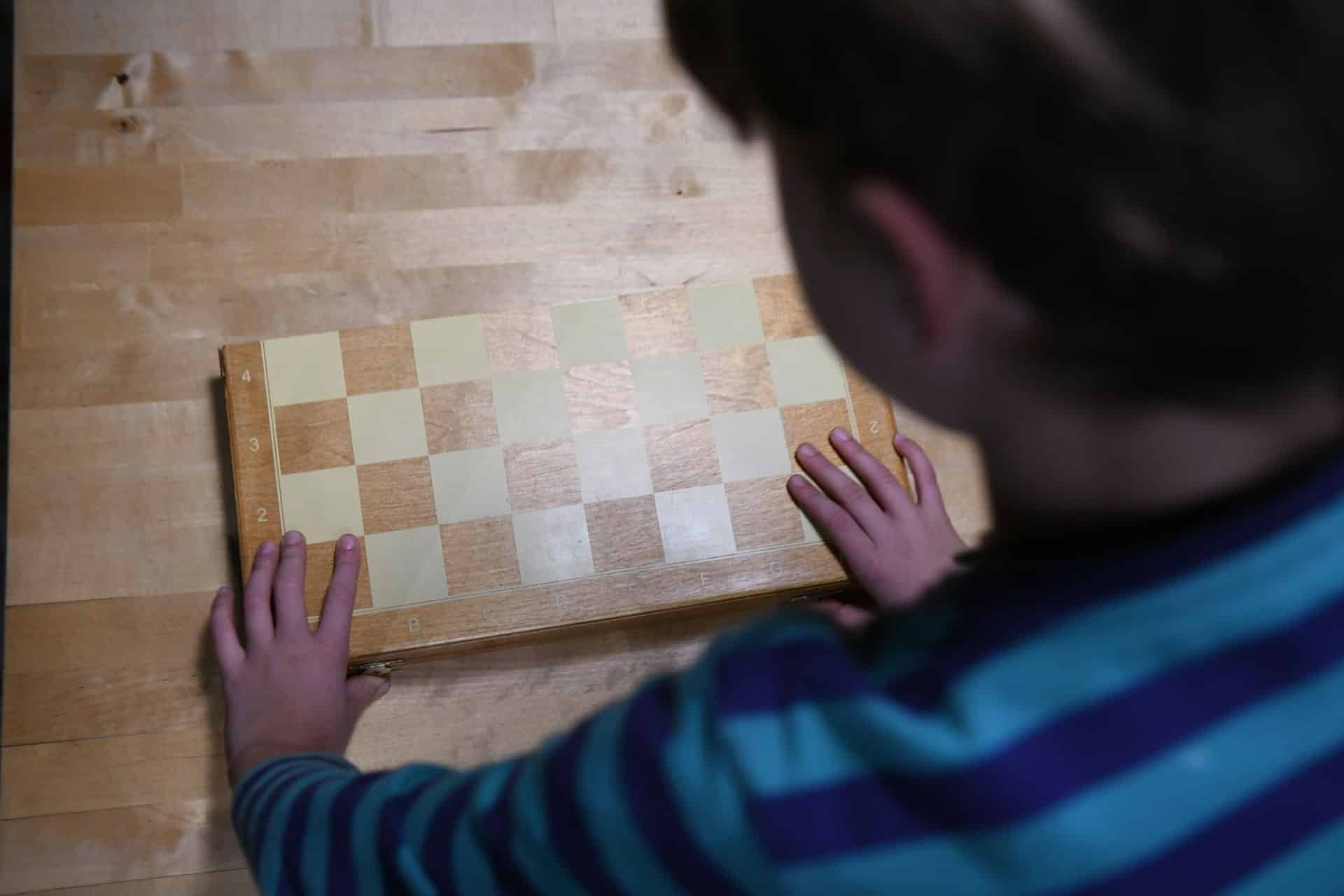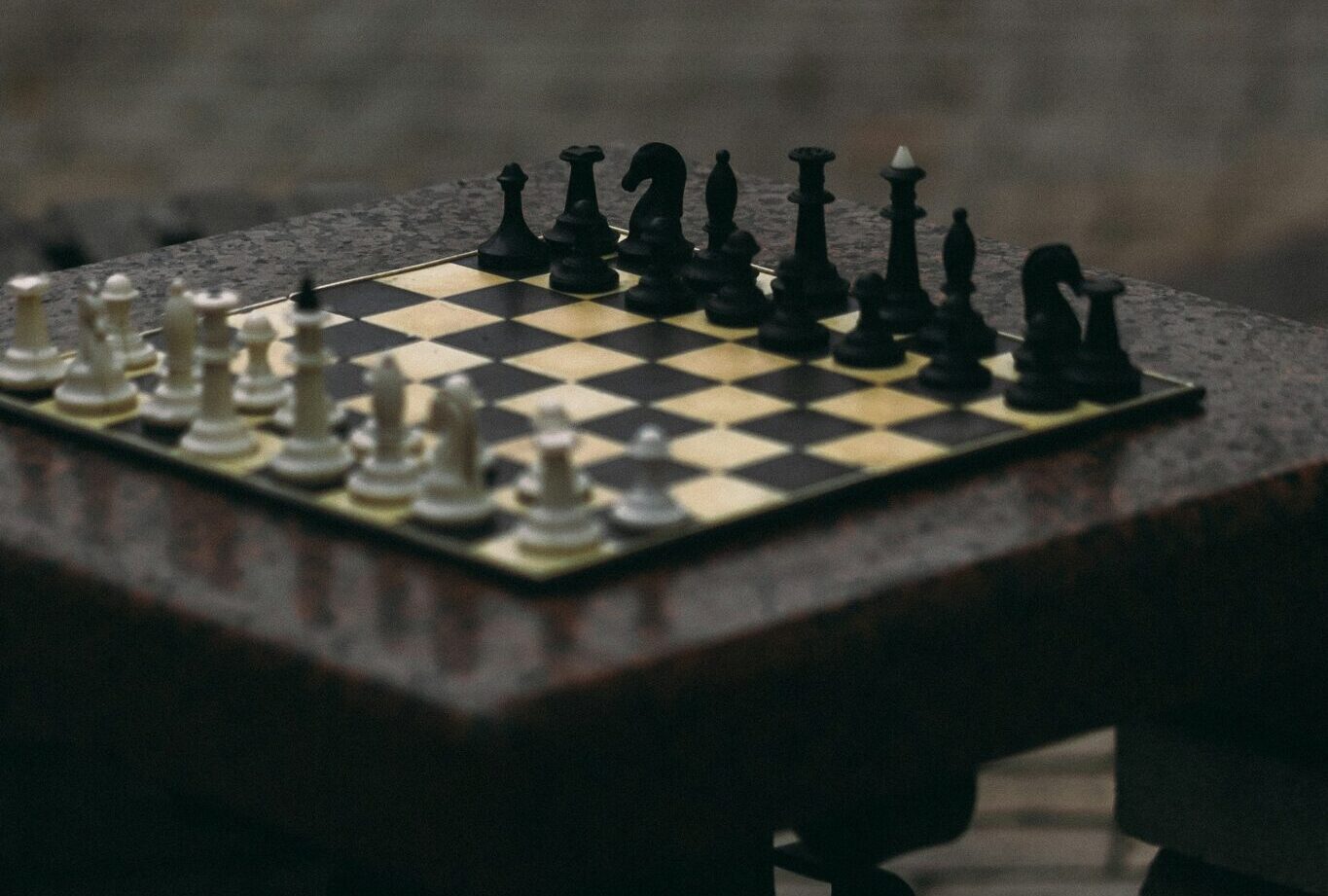Table of Contents
What is a passed pawn in chess?
The passed pawn is chess is the pawn that has no opposition to advance and has a freeway until the promoting square. Children usually mistake thinking the pawn is the pawn past the fifth rank of the board.
This is not true, a passed pawn could be on a2 with white, but even so, if there is not a pawn on the a-file or b-file it’s a passed pawn.
A passed pawn can give a lot of opportunities to one of the players, which is a factor of weight that can be easily overlooked when playing. Normally, having a passed pawn represents an ultimate advantage in the ending.
Passed pawns can also be used in the middle game having incredible effects on the position. But, even so, they are something to have respect to, the positions with passed pawns are positionally an art.
There are also the hanging pawns, which we will cover in another post, but hanging pawns are so valuable mainly because they offer a chance to create a passed pawn.
Here we will discuss everything about the pawns, how to defend them, seize them and take over the position over them. Also, we will analyze from the other perspective, how to defend a position against the advanced pawn, and how to counter it.
How to play with the passed pawns?

When you have passed in certain positions, this will be the whole theme of the game. The entire game will go around that passed pawn so dedicate all of your forces to it.
The first thing is you have to protect the pawn, use all of your pieces to protect the pawn, no matter what. This is the overprotection principle that Aron Nimzowitch used to play with, shown in his book “My System”.
Once you have the pawn over-protected you will make the necessary preparations to advance the pawn. Along the way is key that you prevent your opponent from blocking the pawn.
We will go about blockading the passed pawn later but focus on stopping your opponent to do that. When you have everything prepared you will have to advance the pawn forward the most you can.
Normally, your opponent will be able to block it when it reaches the sixth or seventh rank. Here you will try to tie him up, there are important things you have to look for in this case:
- Prevent your opponent’s counterplay, tie him up, remove any possibility for him to move, obligate him to accept disadvantage.
- Then, when your opponent has no moves, try to improve your pieces to their best potential
- Finally, start an attack against the king or create any other weakness
After these three steps, enemy forces will not be able to hold all of the threats in the position and their position will crumble. Is all about identifying the opportunity at the right moment and taking it.
How to play against the passed pawn?

Now, the thing completely changes when you are the one defending against the passed pawn. When you are playing against a passed pawn there is only one option: Block it!
This is the only strategy that will work, if you successfully block the enemy passed pawn, you will have an advantage, if not, you lose the advantage.
It’s that simple, this an important factor, try to eliminate the contrary pieces that control the square in front of the pawn. Then try to block it, ideally with a knight, but any piece will do for the moment.
This will give you a lot of time to think about a counterattack plan or creating a weakness to seize yourself.
The passed pawn is like a criminal, when is free, is dangerous, you have to catch it. Once you catch it, is not enough to put him in prison, you have to lock him down and always have a guard to watch him.
When you realize you are playing against a passed pawn, take a moment to calculate a plan to block it, before is too late.
Passed paws in the middle-game

Having the “criminal” in the middle game can make a big mess, this kind of position is fun to play for both sides. There is a fight to control the advancing square of the pawn, which requires a lot of strategic vision.
We’ll stick with the criminal metaphor for the passed pawn, and sum up everything we have seen so far:
- If you are on the defender side, against the passed pawn, you will have to catch the criminal before it becomes a mafia man. Otherwise, your city will become chaotic, and no batman will come to save you.
- If you are on the passed pawn side, you will need to push forward until you take over the city with your criminal!
It’s a simple approach, but it requires a lot of practice and positional skills to control this position. They tend to be difficult and complicated, many tactical possibilities may arise for both sides.
The passed pawns in the endgame

Lastly, playing with the pawn in the endgame is also a matter of technique. However, playing the endgame with a passed pawn will always be advantageous.
In the endgame, a lot of factors change, and the tempos become extremely important for both sides. This is why the more you advance the pawn the better, of course, don’t lose it!
If you have the passed pawn on your side it would be a bad idea to exchange the queens. Controlling the pawn when there are no pieces will become too much trouble and you will surely lose.
Just exchange the pieces against a passed pawn when you are sure you will be able to block it or capture it.
You may also like:
The Best Tactics Trainer of The Whole Internet On Chess.com
The Chess Grandmaster Who is Also A Nuclear Physicist: Vladimir Malakhov






